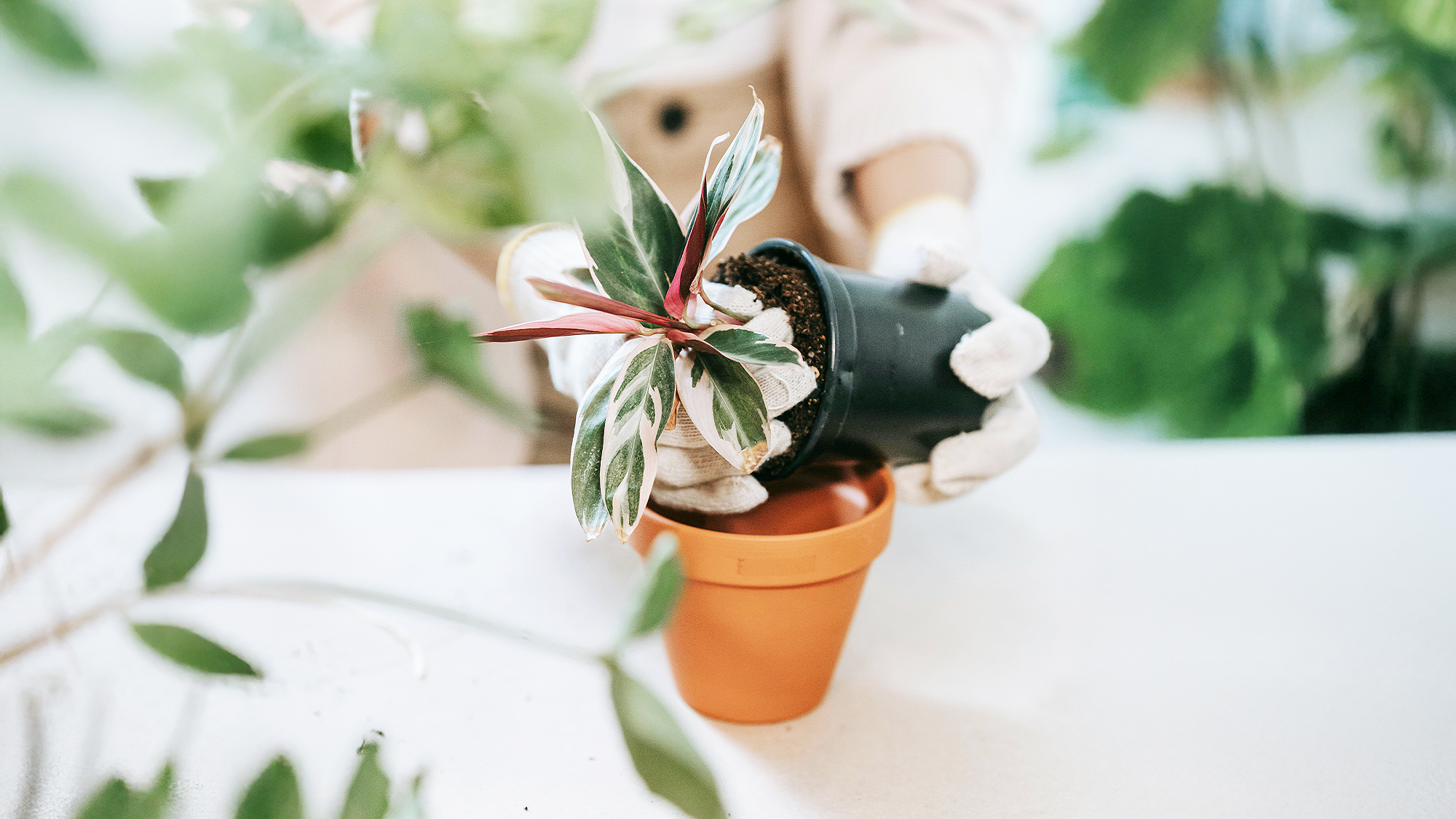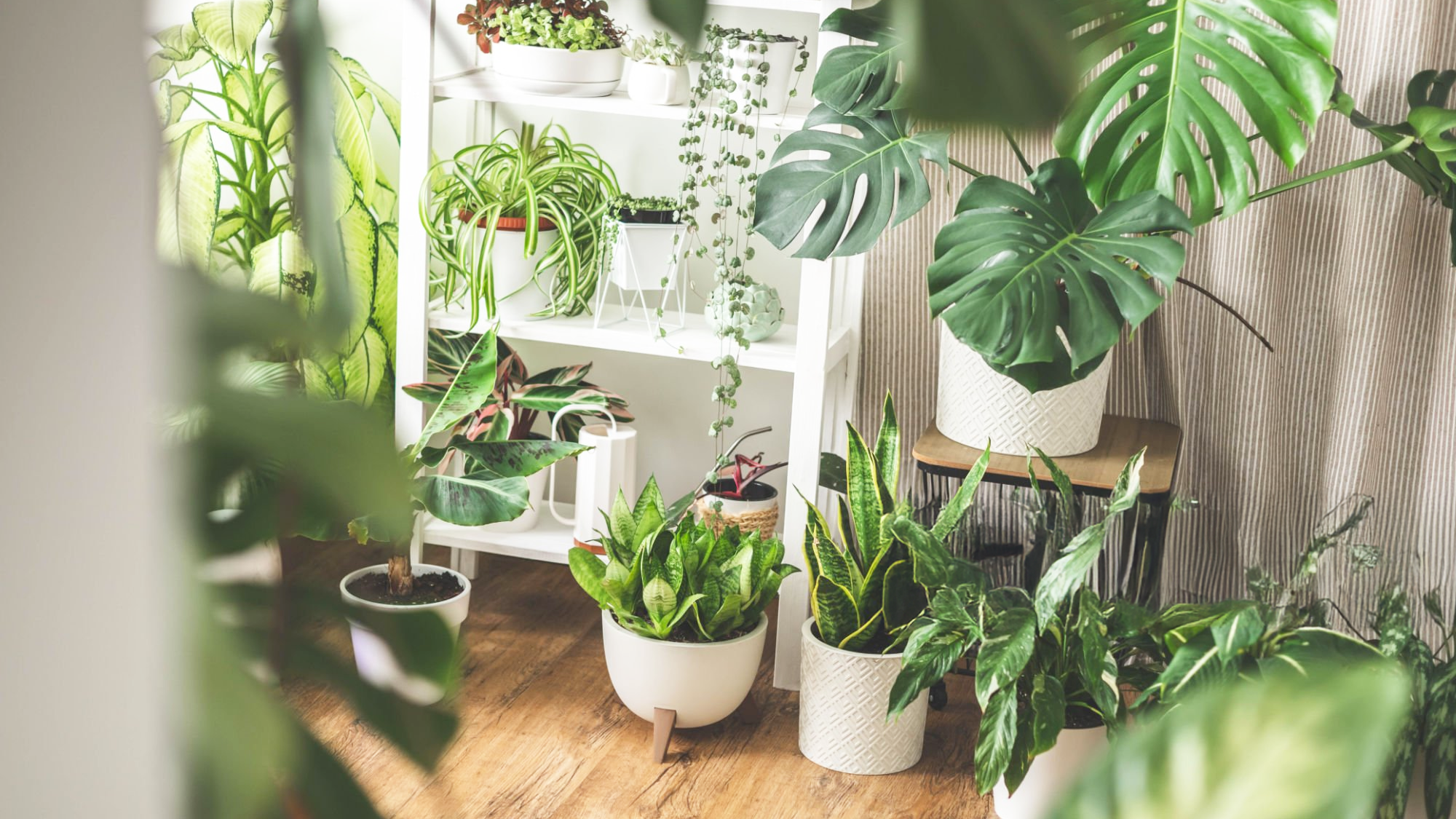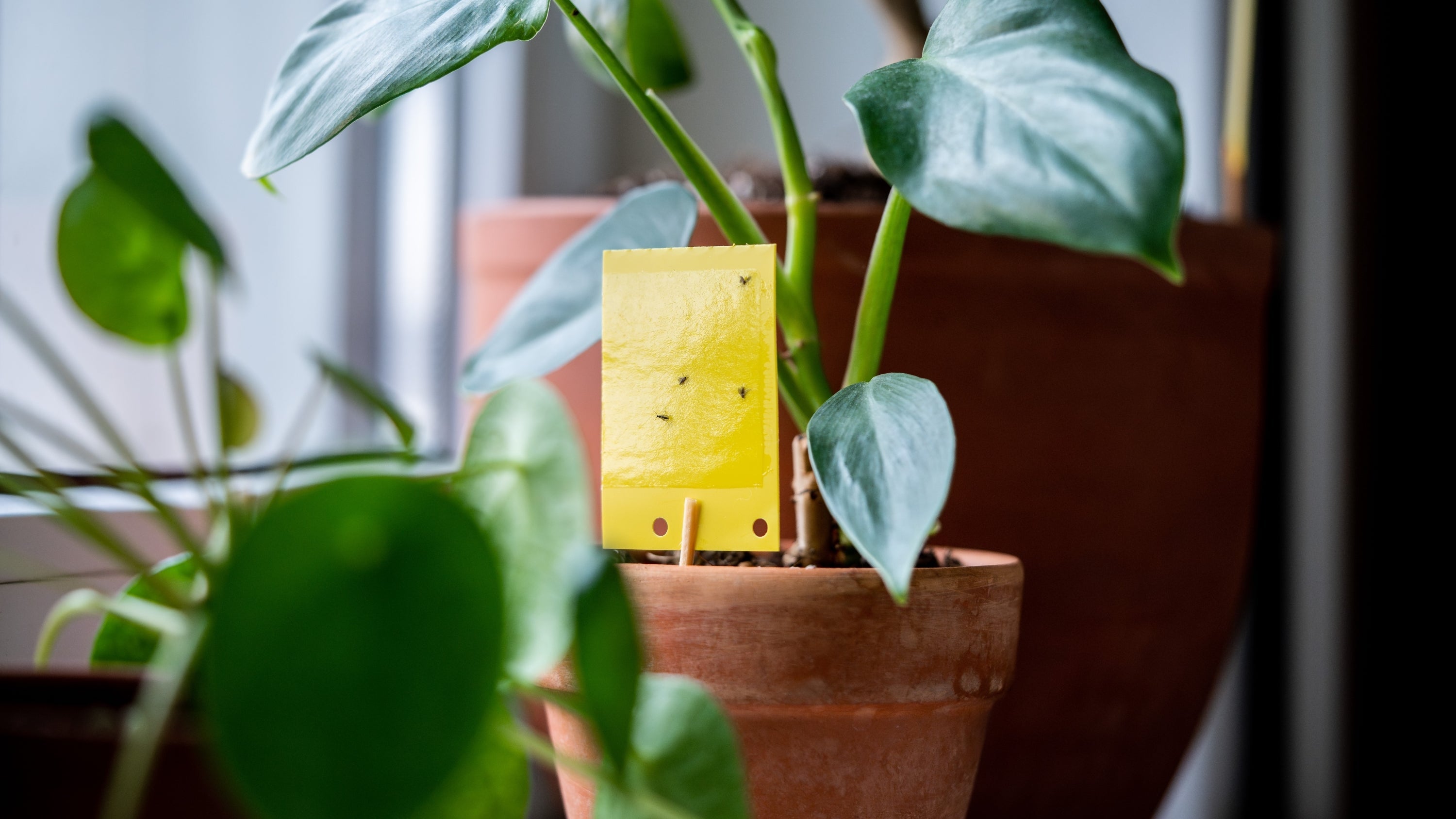
Spring Repotting Tips: Complete Guide to Root Health, Soil Choice, and Care Essentials

Spring: The Best Season for Plant Growth!
As temperatures rise and daylight increases, plants hit their peak growth phase of the year. This makes spring the perfect time for repotting — providing more nutrients and space helps roots grow stronger and sets your plants up for a season of lush growth.
In this article, you'll learn why spring is ideal for repotting, the essential steps to follow, key tips to avoid common mistakes, and the best soil and nutrients to keep your plants thriving all season long.
Why Is Spring the Best Time to Repot Your Plants?
🌿 Three Key Benefits of Spring Repotting
1. Healthier Root Systems

- Overcrowded roots can become tangled, compacted, or even rot. Repotting helps you trim old roots and encourage new growth.
- Roots need well-aerated soil to thrive. Staying in compacted soil too long can lead to root rot and reduced plant health.
2. Fresh Soil Provides Better Growing Conditions

- Old soil can become compacted, reducing airflow and water drainage, which makes it harder for roots to absorb nutrients.
- For most houseplants, use a soil mix that offers good drainage and aeration while holding just enough moisture to support growth.
3. Pest and Disease Prevention

- Repotting allows you to inspect for pests like mealybugs, nematodes, or soil fungus and take care of any issues before they spread.
- Using a sterile soil mix reduces the risk of introducing pests or pathogens, helping your plant adjust to its new environment more easily.
Follow These 8 Simple Steps to Repot Like a Pro!
Preparation Before Repotting
1. Pick the Right Time

- Repotting works best when spring temperatures are consistently above 59°F (15°C). Avoid repotting when it's too cold, as this can stress the plant.
2. Prepare the Right Soil Mix

- Most leafy plants do well in a well-draining soil mix with organic matter. Consider adding perlite and pine bark to maintain moisture and airflow.
- Use a sterilized soil or a specialized potting mix like 1% Potting Soil, which contains essential trace elements to support growth and reduce pest risks.
3. Stop Watering Before Repotting

- Stop watering your plant 2–3 days before repotting. Letting the soil dry slightly reduces root damage and makes it easier to remove the plant from its pot.
4. Choose the Right Pot Size

- Pick a pot that's about 1 inch (2.5 cm) larger than the old one, with good drainage holes to prevent water buildup.
- If roots are very crowded, you can opt for a deeper pot to give the plant more space to grow.
Need More Repotting Tips? Watch Our How-To Video!
Want a step-by-step guide? Check out our repotting tutorial, covering everything from removing the plant and trimming roots to adding fresh soil and replanting. Watch and learn!
Best Products for Successful Repotting
To help your plants adjust to their new home, we recommend these top products:
1% Potting Soil
Key Benefits: Sterile, nutrient-rich, and well-draining to promote healthy growth and reduce pest risks.


1% Plant Nutrition Concentrate
Key Benefits: Formulated with kelp extract, purple root extract, humic acid, and palm-derived vitamin A to support plant health, growth, and stress recovery after repotting.


1% Plant Nutrition Spray
Key Benefits: Rich in brown algae extract, this spray helps boost photosynthesis, providing essential energy for growth. It also helps your plants recover from stress, keeping leaves vibrant and healthy.


Final Thoughts
Spring is the perfect time to repot your plants. Choosing the right soil, providing proper nutrients, and following the right care techniques will help your plants adjust to their new home and thrive throughout the season.
Give your plants a fresh start this spring and enjoy a greener, healthier home!


Leave a comment
This site is protected by hCaptcha and the hCaptcha Privacy Policy and Terms of Service apply.